Blog Detail
Table of Contents
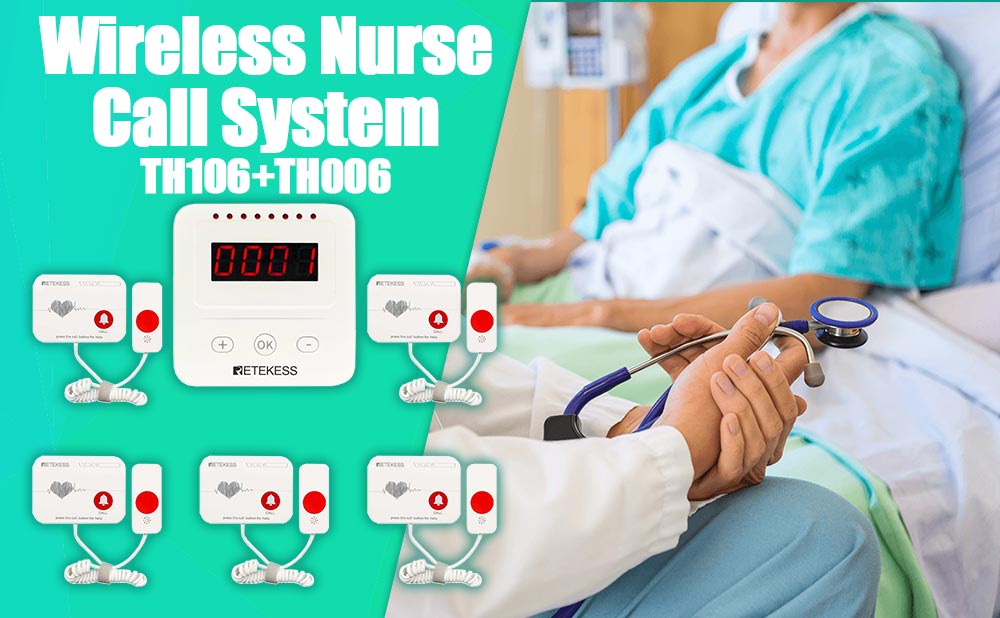
The Importance of Nurse Calling Systems in Improving Patient Care in Clinics
- Kathy
- Apr 22, 2023
- 0 Comments
In healthcare settings, timely communication between patients and healthcare providers plays a crucial role in patient satisfaction and clinical outcomes. A wireless nurse-calling system is a popular communication tool that is widely used in clinics and hospitals to improve communication between patients and caregivers. In this blog, we explore how clinics use wireless nurse call systems to improve patient care.
Problems May Face
1. Reduced efficiency: Clinic staff may need to physically search for patients or colleagues, resulting in reduced efficiency and increased workloads. This can lead to longer wait times, lower patient satisfaction and increased staff burnout.
2. Privacy concerns: When using intercoms or physical notifications, conversations regarding patients' health information may be overheard by other patients or staff, leading to concerns about privacy and confidentiality.
3. Ineffective coordination: Without a wireless paging system, coordination among healthcare professionals can be difficult, leading to potential errors in patient care. This can compromise patient safety and result in negative healthcare outcomes.
Adavatages for Clinics Using Nurse Calling Systems
Firstly, wireless nurse calling systems are used to improve patient response time. Patients who need urgent medical assistance can easily press the call button on their bed or room, and the nursing staff can respond quickly to their requests. The wireless nurse calling system can notify the nursing staff through visual and audio alarms. This allows the nursing staff to respond promptly to the patient's request and provide appropriate care.
Secondly, wireless clinic staff paging systems are used to increase patient satisfaction. During their hospital stay, patients may require the assistance of the nursing staff at odd hours. With a wireless nurse calling system in place, patients can easily call for help, and the nursing staff can respond promptly. Patients can also indicate their requests by using the call button, such as asking for water, medication, or changing the room temperature. Meeting patients' needs promptly and efficiently can result in higher patient satisfaction and therefore higher patient retention rates.
Thirdly, clinic paging systems are used to improve staff productivity. With the help of the wireless nurse calling system, nursing staff can quickly respond to patient requests and complete daily routine tasks such as taking vital signs, administering medication, and conducting rounds. Being able to respond quickly and efficiently to patient requests can increase staff morale, as they feel they are playing an essential role in providing optimal patient care.
Fourthly, clinic communication systems are used to improve communication between different departments. In a clinic or hospital setting, different departments are responsible for taking care of patients, such as housekeeping, dietary, and laboratory departments. By using wireless nurse calling systems, nurses and hospital staff can notify other departments of the patient’s requests, leading to expedited care and improved patient outcomes.
Conclusion
In conclusion, wireless healthcare paging systems are an essential component of healthcare settings to improve communication, patient satisfaction, staff productivity, and overall clinical outcomes. Clinics and hospitals need to invest in wireless nurse calling systems, especially during the pandemic, as timely communication and care are crucial in providing optimal patient care. As technology continues to advance, wireless nurse calling systems will continue to evolve and improve, providing better patient outcomes in the future.
Recommended Products
Portable nurse calling system TH106+TH006
Bedside calling system call button TH003 with watch receiver TD108

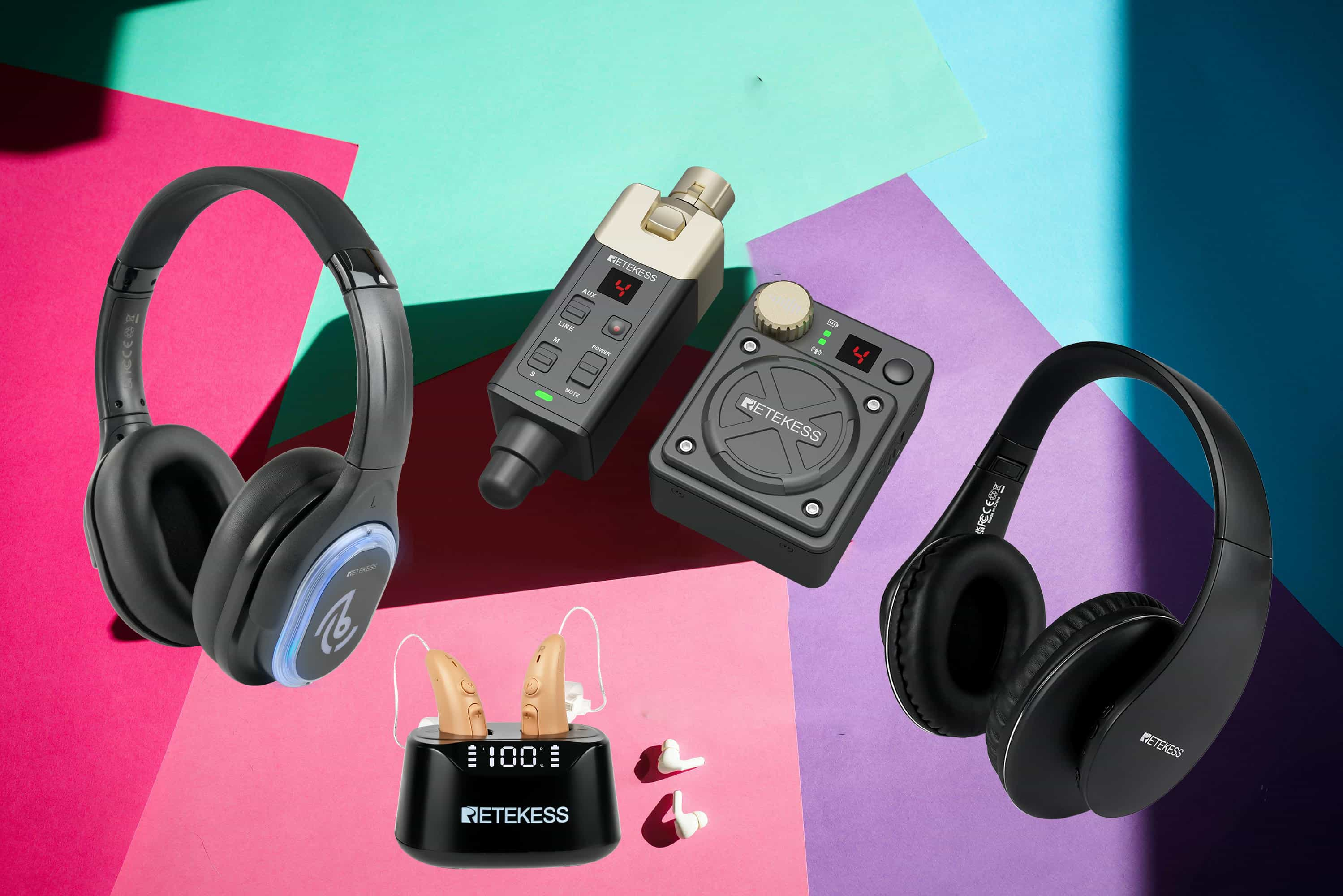
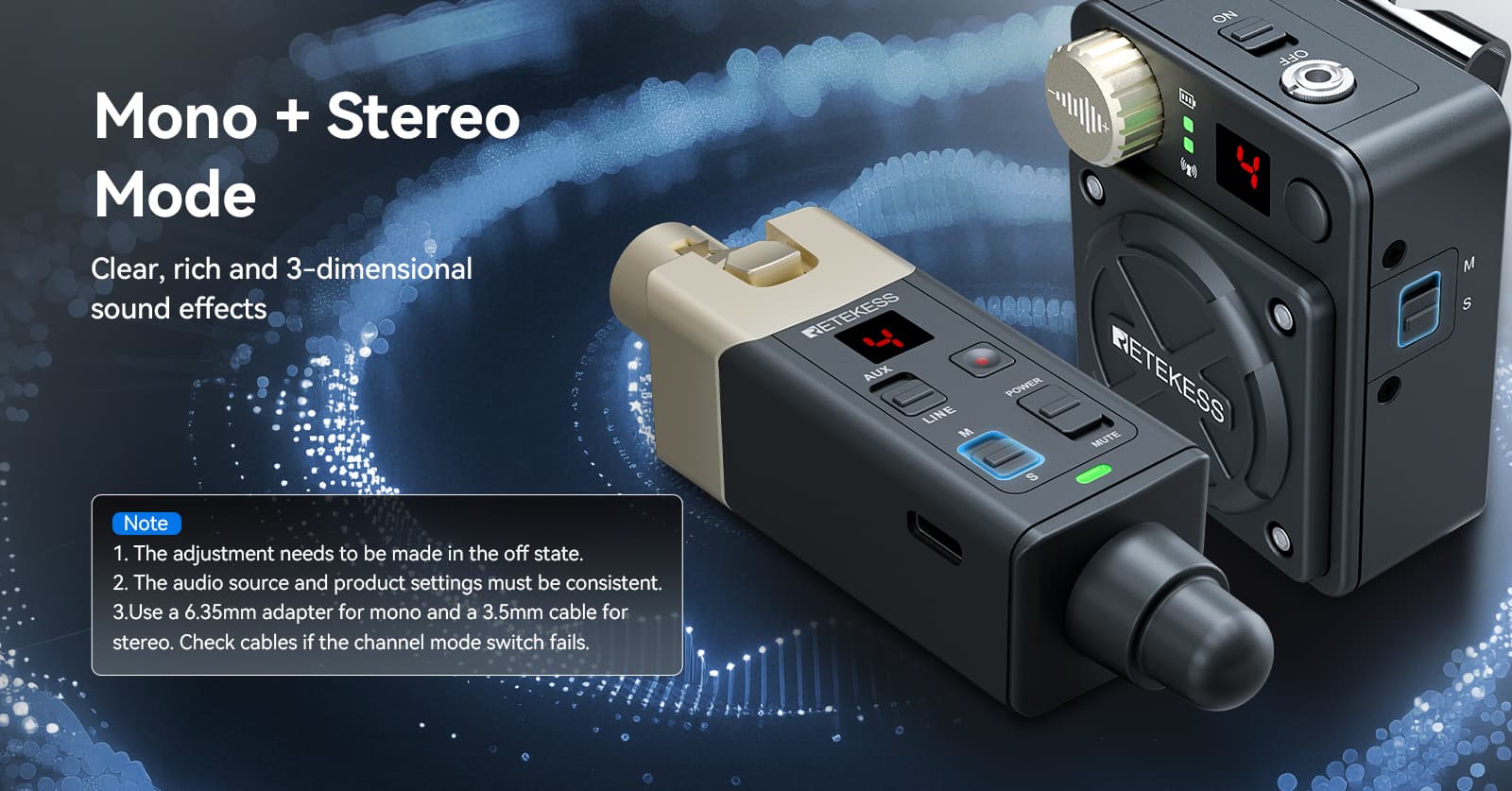


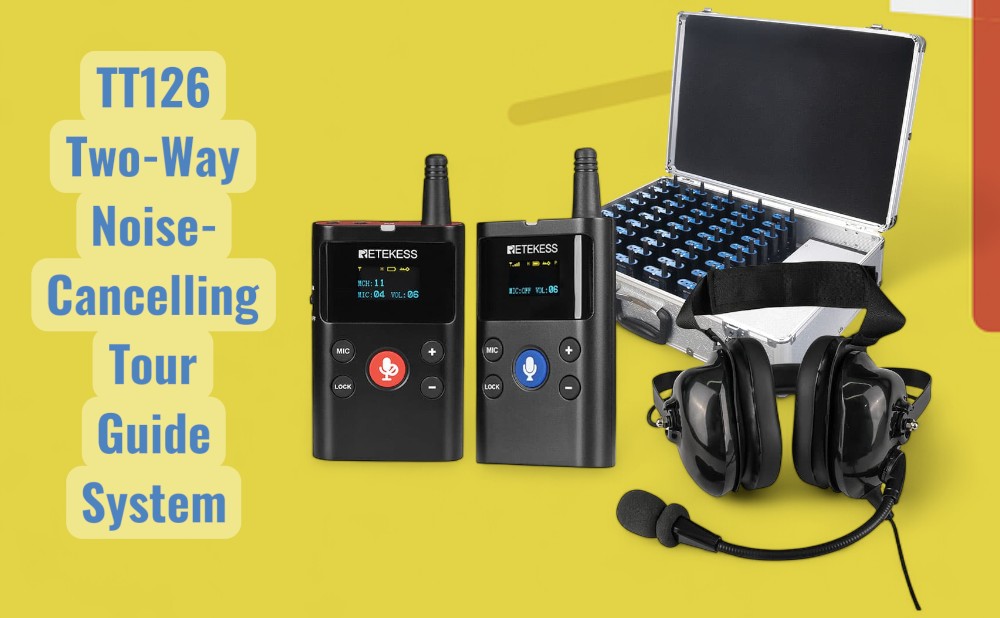
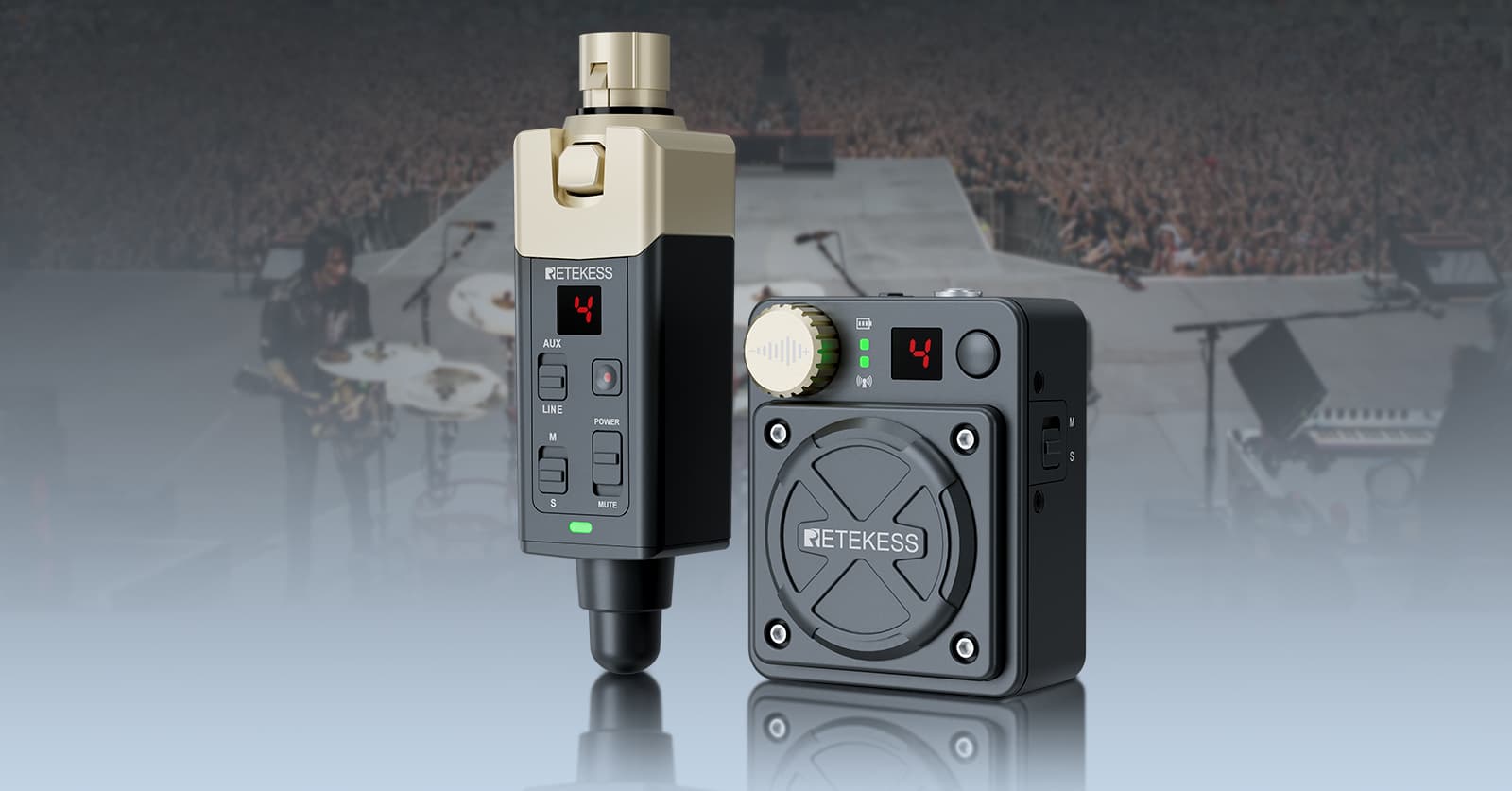


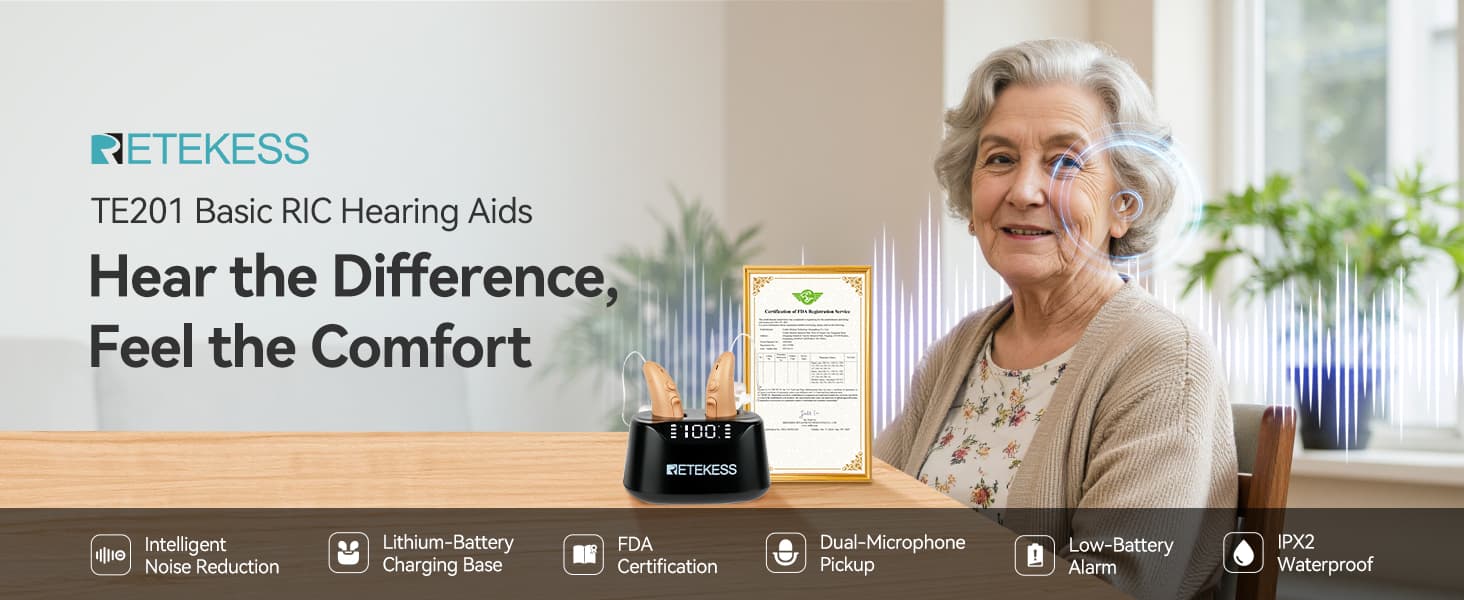
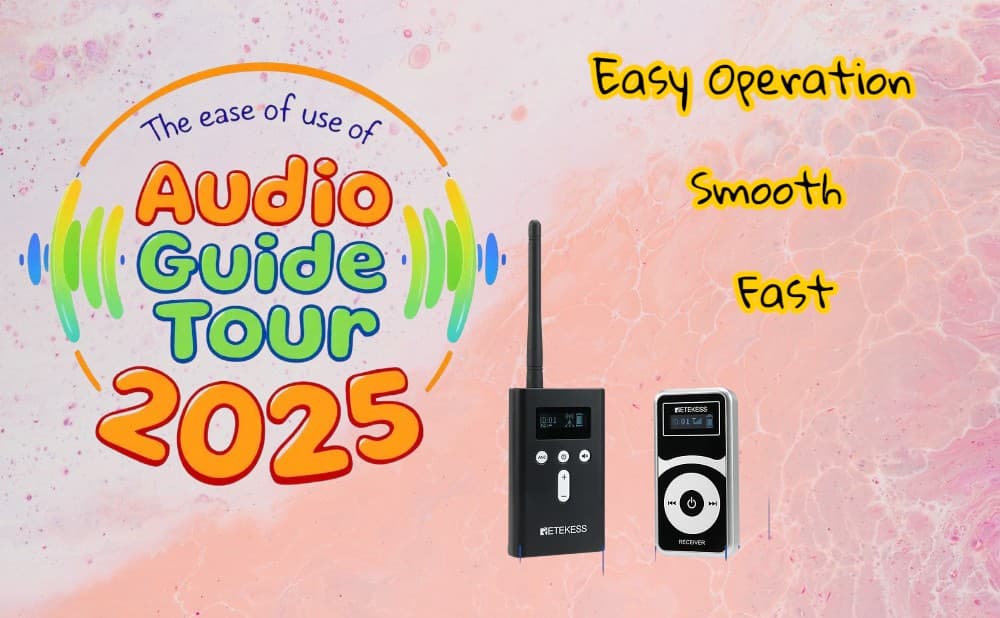
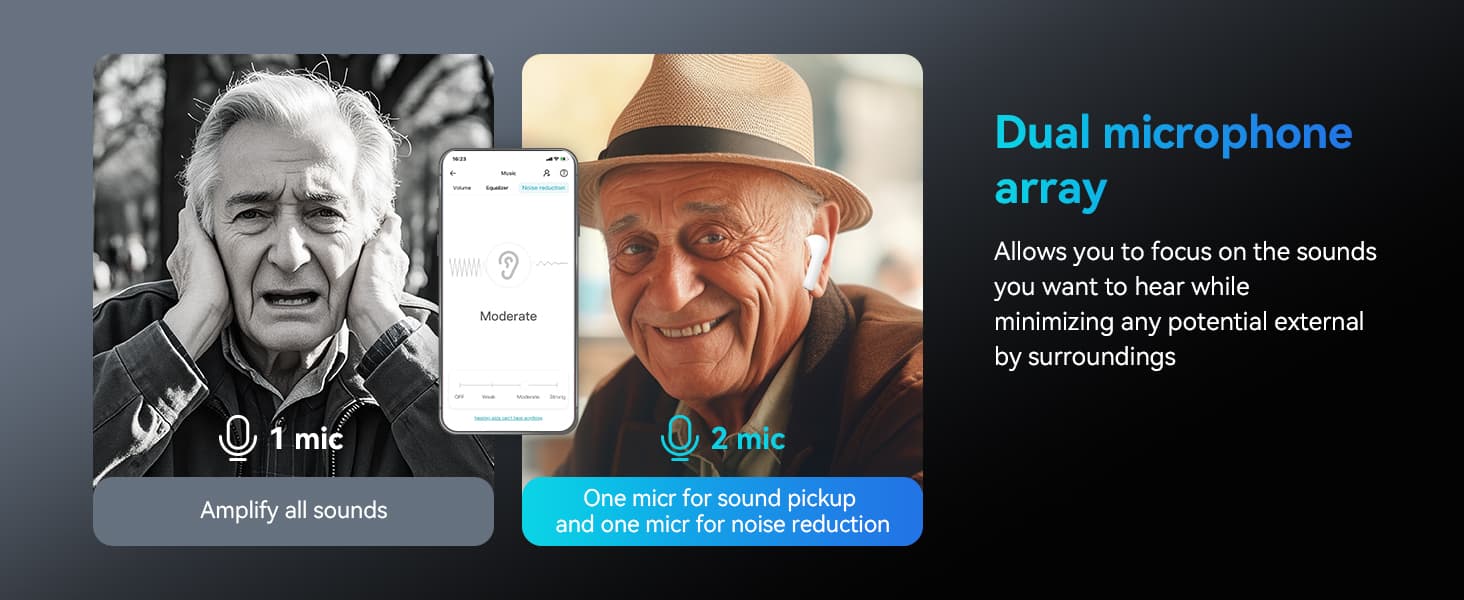
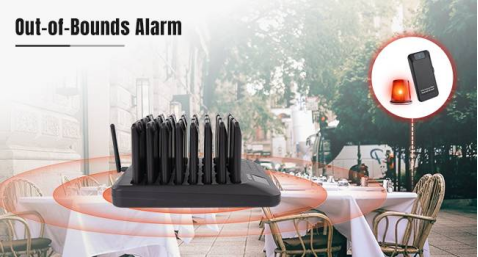


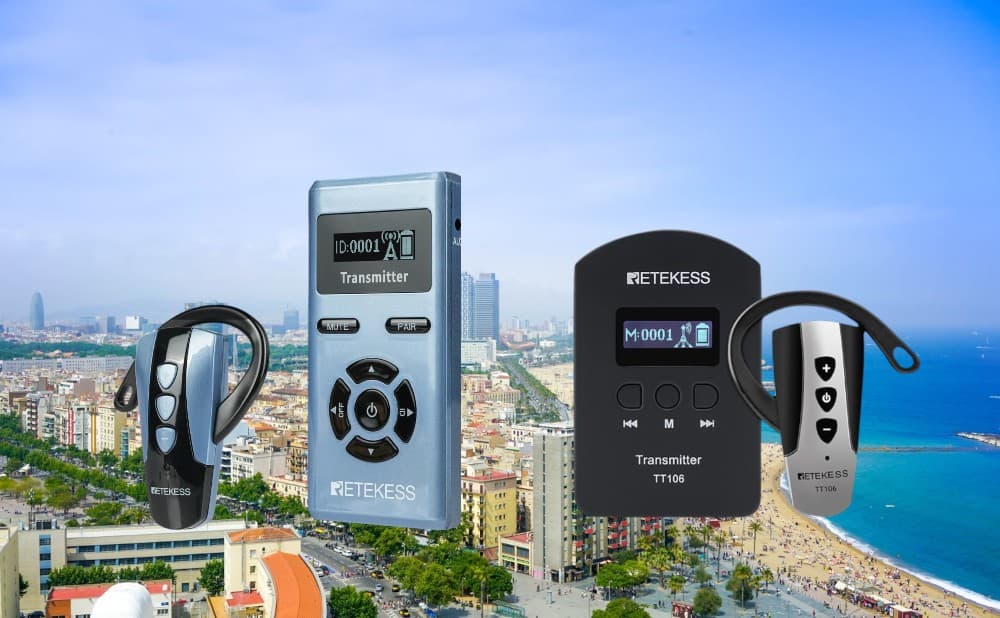
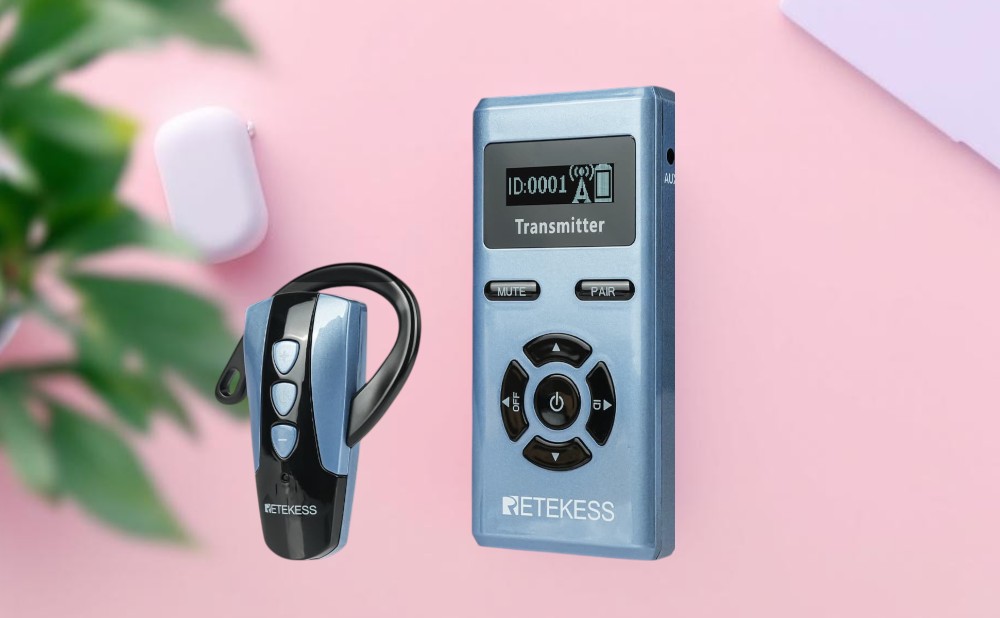





Comments (0)